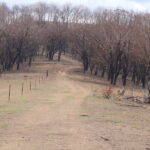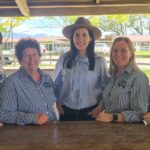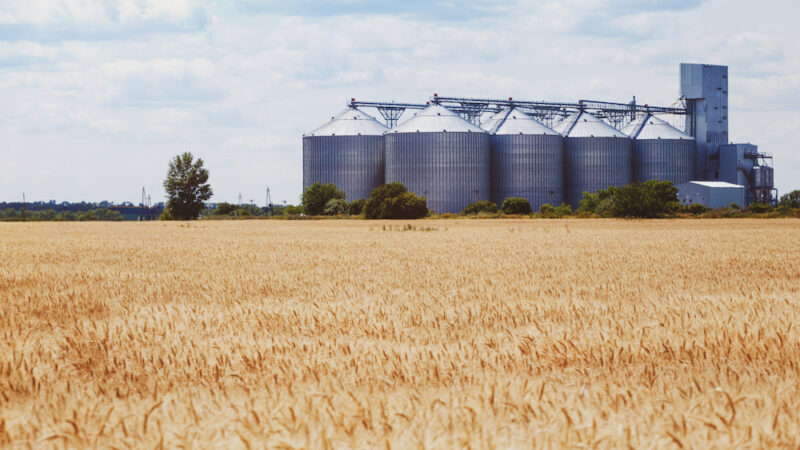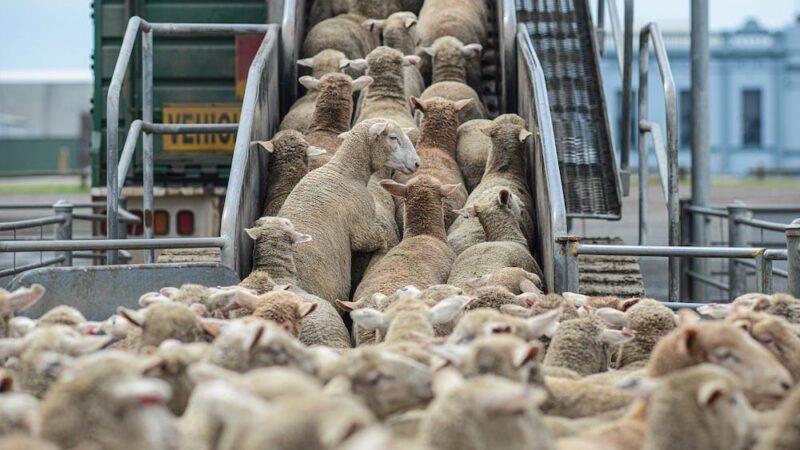NSW Farmers is inviting all farmers hit by the 2019/2020 bushfires to fill in a…
Aussie Helpers for Tweed Valley farmers
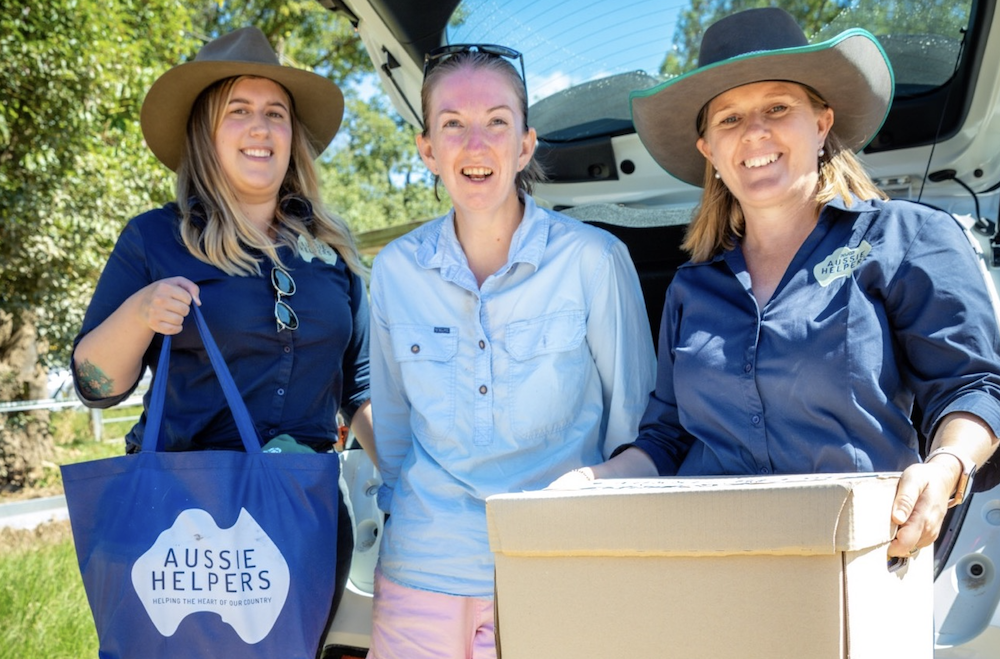
A large and immediate dose of Aussie assistance has kickstarted a long recovery process for 48 farming families in the Tweed Valley region that have been devastated by the worst flooding in history.
Queensland based charity Aussie Helpers provided around $380,000 in direct assistance through fuel cards, pre-paid visa cards and cash for fodder and fencing materials during a four-day visit in late March.
NSW Farmers member Neil Baker, whose family run Tweed Valley Beef and Tweed Valley Pork, described the hand from Aussie helpers as �brilliant.�
“They helped organise fodder and fencing materials, provided fuel cards and a pre-paid $500 credit card,� Neil says.
�They provided immediate assistance, which is what was needed.”
NSW Farmers Member and Tweed Valley Farmer Neil Baker
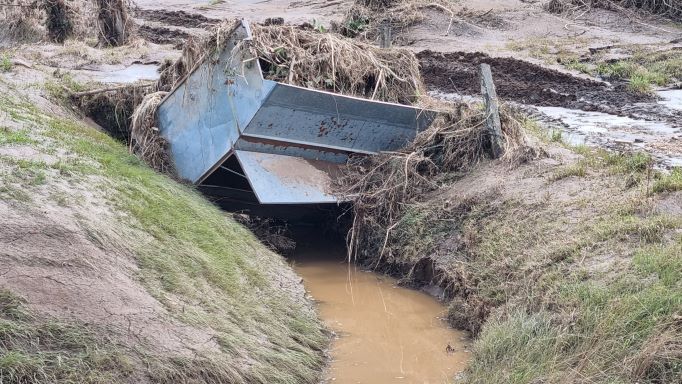
�Being founded by farmers, Aussie Helpers can relate to the immediate needs of farmers. Getting the fences replaces is most important thing to do at this stage. Farmers don�t like not being tough, but I am sure there were a few tears shed while they were here.�
Most of the Baker family�s 160-hectare historic farm was swamped by flood waters on February 27 after the upstream catchment received a 1,300mm of rain in 36 hours.
�Our annual average rainfall is 1,850mm, so to have that amount of rain in such a short time is astounding. It caused a flood that was catastrophic,� Neil says. �There are no other words to describe it.�
The Baker family has been on the same Tweed Valley farm for 112 years. Neil�s dad, Bruce, still lives on the farm and remains an integral part of our business.
�My dad is 95 and is still very much with it and he said he has never seen a flood like this in his lifetime.�
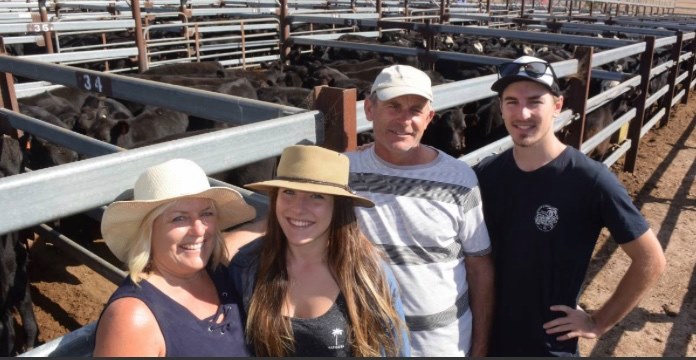
While the Baker family did not lose any livestock, it was a terrible time for their cattle herd and semi free-range pigs, who normally have a stress-free life grazing on lush pastures along the Tweed and Oxley Rivers.
�There are certainly other farmers in the valley who are worse off,” Neil says. “I know one farmer has lost 25 head that were washed away in the Tweed River. It�s been really tough for the five dairy farming families left in the valley.�
Neil described significant erosion and damage to the riverbanks on the farm, which the family had progressively been revegetating over the last four years.
They had planted around 4,000 native riparian trees and plants along the Tweed and Oxley riverbanks of the farm to prevent erosion.
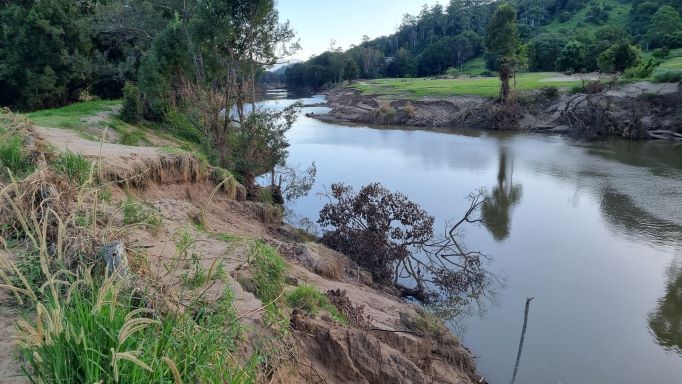
�The trees were completely destroyed and washed off the property and we lost about another 10 to 15 metres of riverbank,� says Neil.
�There is always room to improve and adapt when it comes to farming. That�s one of the reasons why we have been revegetating the riverbanks to preserve them for future generations. So it�s really disappointing to lose all of that.�
Neil said the most farm�s most immediate need was to replace fencing and repair roads.
�We�ve lost all our fences on our floodplain, so there’s about two and half kilometre�s worth of fencing to replace.�
Neil said a second deluge of rain last week caused a second flood event for the Tweed Valley.
�Luckily, last week�s flood was a couple of metres below the one on February 27. And we hadn�t started fencing yet as we were still waiting on energisers and concrete posts. We would have lost them all again last week.
�I would estimate that we would have 15,000 to 20,000 cubic metres of silt on our flats now. In time, that will benefit our pastures, but for now it�s definitely not pretty and makes access very difficult.�
Aussie Helpers will be back in the Tweed
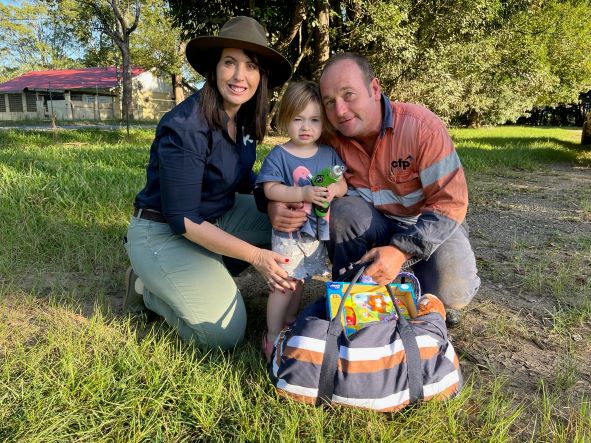
Aussie Helpers CEO Tash Kocks has pledged to head back to the Tweed Valley in May for more follow up assistance for the small Tweed Valley farming community.
Tash joined three other Aussie Helper team members on the four-day visit in March.
�We had a lot of registrations for assistance from farmers in the Tweed Valley, so we decided to get a team there straight away,� Tash explains. �There were 38 registrations initially, but we ended up helping 48 farmers.
�We prefer to do things face-to-face as it works for farmers. We want to go out to meet them and hear what they are going through and identify immediate needs like fencing, feed and water tanks.
�This way, farmers also don�t have to jump through hoops to get the assistance they need.�
Aussie Helpers also provided direct financial assistance through food hampers, fuel cards and pre-paid Visa cards.
�We are also providing up to $5,000 per farmer for invoices for whatever they need,� says Tash, adding that conversations they had with some Tweed Valley farmers were tough, but they also part of the healing process.
�They all thought that everyone was worse off than them, but they were all a bit broken and hurting,� she says.
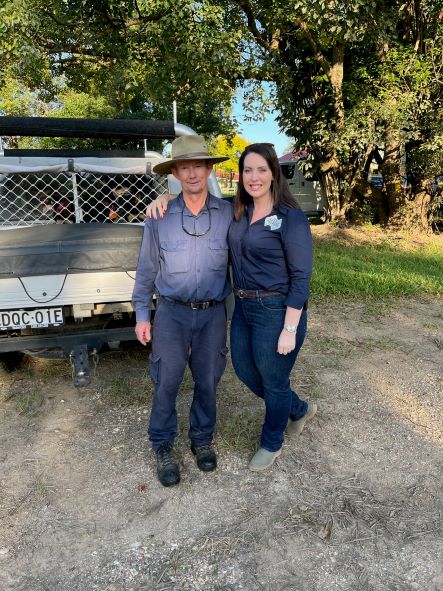
�One dairy farmer told me that he had never seen her dad cry and he is in his 80s. She said he just sobbed because he had never seen water like that in his life.�
�A lot of the farmers said the financial stuff is great, but just being able to have a conversation with someone benefited them so much more.�
Aussie Helpers CEO Task Kocks
Aussie Helpers has been devoted to helping our farmers, farming families and farming communities survive through the tough times since 2002.
The not-for-profit charity is run by a small team and has supported more than 15,000 Aussie farmers devastated by drought, fires, floods and hardship.
It was founded by a Dalby-based farming couple, Brian and Nerida Egan, who were familiar with the challenges of life on the land.
After dedicating almost two decades of his life to supporting farming families, Brian passed away in early 2020, leaving behind a legacy of love in the form of the Aussie Helpers charity.
Nerida still plays a vital role in the everyday operation of the charity and in 2020, both Brian and Nerida were awarded Order of Australia medals for their work to farming communities.
Local farmer groups and other charity organisations like Need for Feed and Rural Aid are also providing direct assistance to Northern Rivers region. Read more here.


